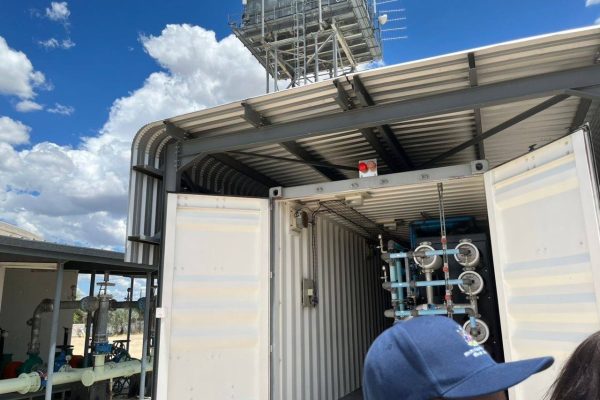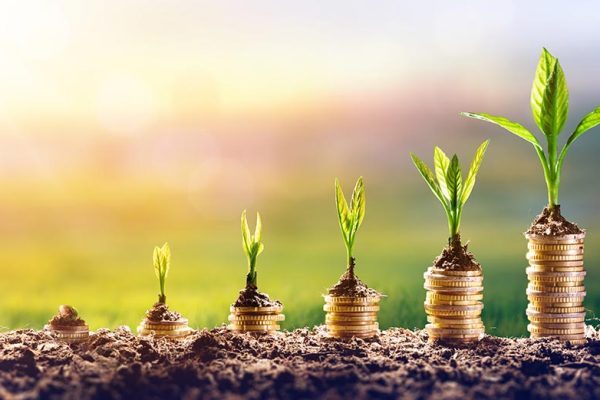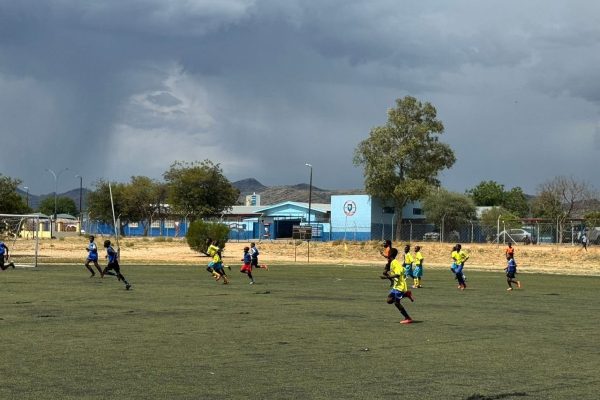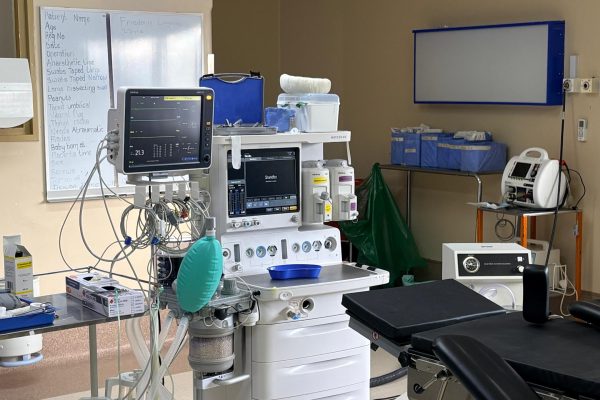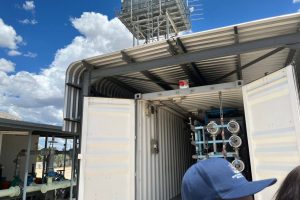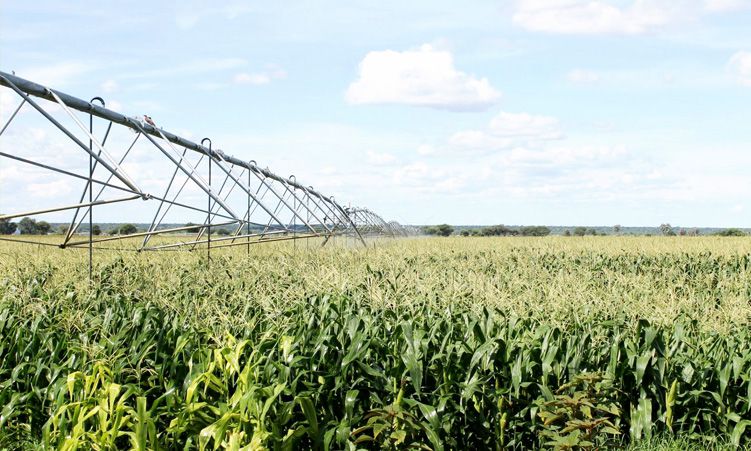
By: Annakleta Haikera
Government-operated green scheme projects in the Kavango regions are currently struggling with electricity expenses, threatening production and food security.
This was revealed by various farm managers during a courtesy visit by the Parliamentary Standing Committee on Natural Resources this week.
The Sikondo, Uvhungu-Vhungu, Ndonga Linena, and Shadikongoro green schemes are all struggling with high electricity costs and unreliable supply.
The situation is also expected to worsen as the electricity distributor for the northern region, NORED, has also received a greenlight from the regulator to increase electricity costs by 4% as of this year. This follows the 1.7% increase in bulk electricity costs by Nampower, the country’s main electricity supplier.
Floris Smith, farm manager at Uvhungu-Vhungu, said electricity costs often limit production and efficiency. To manage expenses, the project irrigates crops only at night or over weekends, when power is cheaper.
“Sometimes we leave the crops to dry and only water once or twice a week,” Smith explained.
He added that fuel is just as expensive, and that such challenges are a daily occurence.
“We export our grains to Katima for processing since we lack silos and milling facilities, and the fuel for trucks adds significant costs,” he concluded.
At Ndonga Linena, the scheme spends roughly N$1 million per month on electricity – nearly N$12 million annually.
Farm manager Janno Rentel said these high power bills are unsustainable and impede expansion and profitability. The scheme relies on pumped irrigation from the Kavango River, which drives up electricity consumption.
Parliamentary Standing Committee chairperson Tobie Aupindi acknowledged the challenge, noting that with sufficient electricity food security can be attained.
“The bigger picture is food security. If these schemes operate at maximum capacity, they can cover their costs,” he said.
Although Cabinet issued a drrective in June 2023 that electricity for all green schemes be subsidised, implementation is still pending.
Small-scale farmer Warrant Kamwi revealed that 60% of the schemes’ income is spent on electricity.
The Ministry of Agriculture, Fisheries, Water and Land Reform is exploring solar power solutions, but no subsidy mechanisms have been put in place.
Reports indicate that the Ministry of Agriculture, Fisheries Water, and Land Reform is considering grid-tied solar photovoltaic (PV) installations for key schemes including Etunda, Sikondo, and Shadikongoro. In doing so, expecting a reduction of electricity expenses by up to 90%.
Several African nations are adopting solar power to improve agricultural productivity and sustainability. Kenya leads with agrivoltaic systems that generate electricity while shading crops. Meanwhile, Uganda and Niger use solar-powered irrigation to reduce diesel use and increase yields, while Rwanda supports smallholder farmers with renewable energy.
In addition, projects in Mali, The Gambia, and Sudan are also expanding solar irrigation.
Reports indicates that solar-powered agriculture can deliver higher crop yields, lower costs, and climate resilience, though high initial investments and technical training remain challenges.


